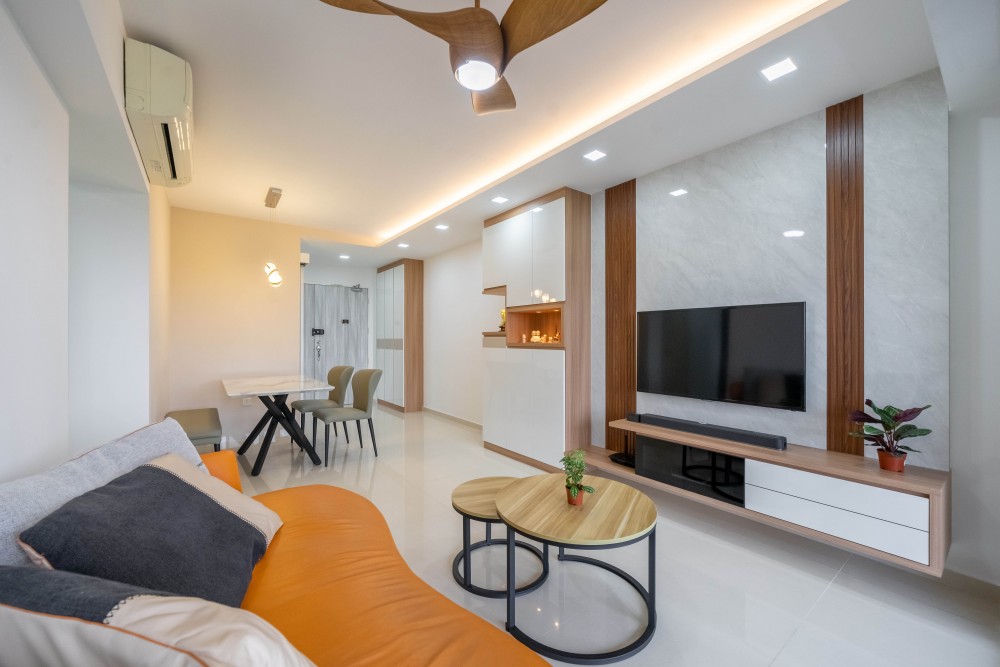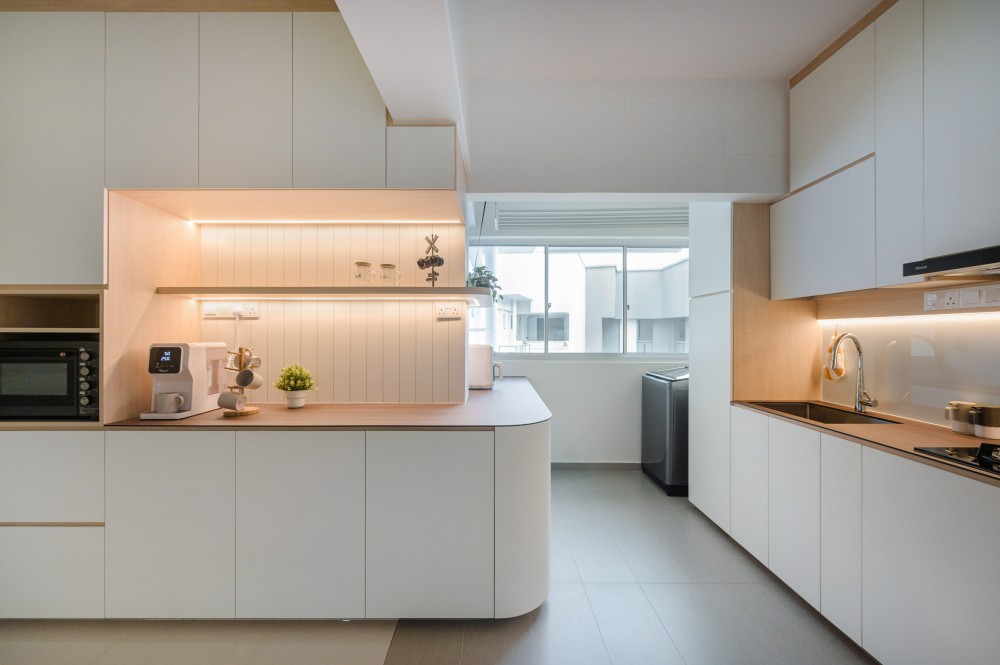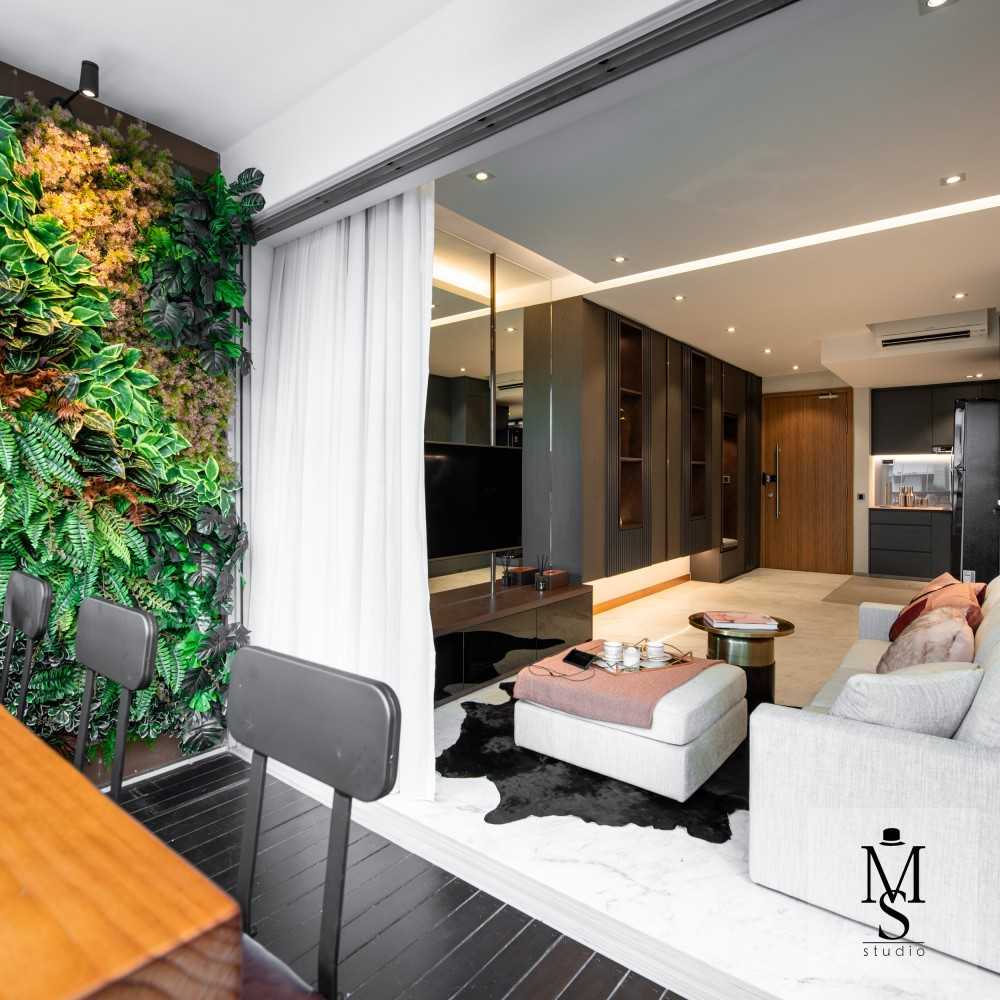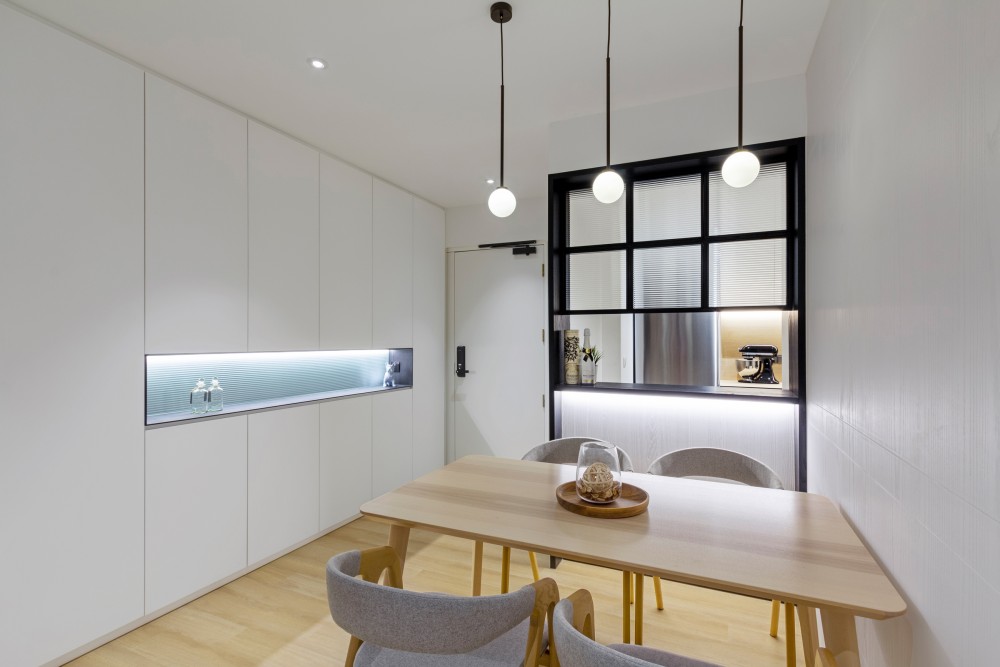Should You Get A Water Purifier For Your Home?
Clean and safe drinking water is essential for every household, and in Singapore, tap water is known for meeting high safety standards.
The Public Utilities Board (PUB) employs rigorous water treatment processes, making Singapore’s tap water one of the safest globally.
That said, there are still many folks who choose to enhance their water purification efforts by investing in home water treatment solutions.
This might include various types of water purifiers, filtration systems, or even boiling water for that extra layer of reassurance.
In this article, we talk about whether you should get a water purifier for your home, and discuss all that this entails.
Understanding Singapore’s Water Quality
Before you start thinking about whether you should buy a water purifier, let’s first talk about Singapore’s tap water, and how it’s sourced.
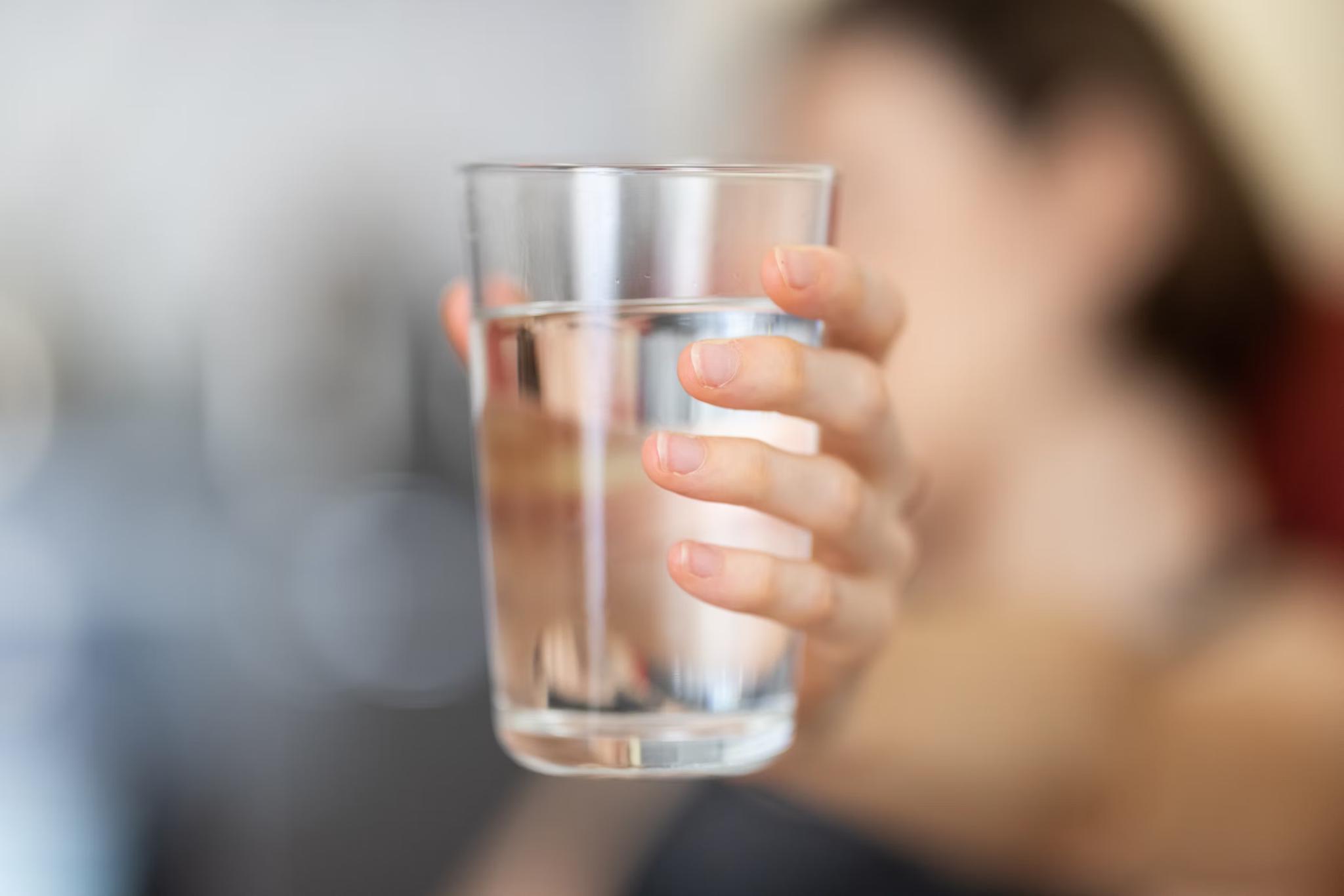

Singapore’s tap water is sourced from local catchments, imported water, and desalination, creating a diverse and secure water supply.
The Public Utilities Board (PUB) oversees a meticulous treatment process to ensure that the water meets or exceeds national and international drinking water standards.
PUB’s treatment procedures are designed to eliminate impurities, bacteria, and contaminants, guaranteeing that the tap water delivered to homes is of high quality and safe for consumption.
By prioritizing these standards, Singapore minimizes the risk of waterborne diseases and maintains a reliable water supply for its residents.
But how safe is “safe”?
According to the PUB website, Singapore’s tap water quality is well within the Singapore Environmental Public Health (Water Suitable for Drinking) (No.2) Regulations 2019 and the World Health Organisation (WHO) Guidelines for Drinking-water Quality.
This means that Singapore’s tap water is suitable for drinking directly from the tap without any further filtration.
PS: To further put your mind at ease, PUB conducts over 500,000 tests annually on the physical, organic, inorganic, radiological and microbiological parameters of the tap water in Singapore.
On top of that, PUB’s Water Quality Laboratory is accredited by the Singapore Accreditation Council’s Singapore Laboratory Accreditation Scheme.
PUB’s Water Quality Department has also been designated as a World Health Organisation (WHO) Collaborating Centre for safe drinking-water management and integrated urban water management since 2012.
Benefits Of Using A Water Purifier In Singapore
While tap water in Singapore is safe for consumption, the decision to explore water purifiers often stems from a desire for additional benefits.
Beyond the functional aspects of water purification, many modern purifiers also bring a touch of sophistication and convenience to the table.
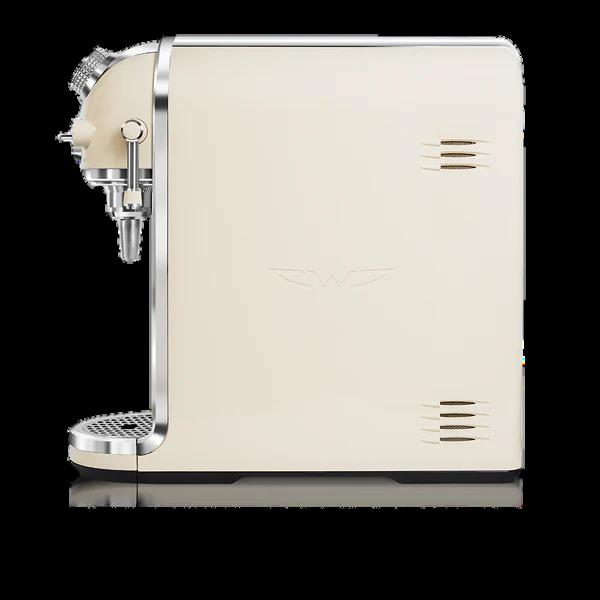

Some water purifiers come in sleek and aesthetically pleasing designs, seamlessly blending into contemporary kitchen aesthetics. They serve as not just practical appliances but also as stylish additions to the home.
In addition to their visual appeal, advanced water purifiers offer features that go beyond the basic removal of impurities.
For those who appreciate convenience, many modern water purifiers provide the luxury of different water temperatures at the tap of a button.
This added functionality allows users to access chilled water for a refreshing sip on a hot day or hot water for a quick cup of tea or coffee, all without the need for a separate appliance.
On top of that, there are even water purifiers that double up as ice cube makers!
Last but not least, purifiers can play a role in enhancing the taste and odor of tap water by effectively eliminating residual chlorine, providing a more refreshing drinking experience.
Do Water Purifiers Bring About More Health Benefits?
As we explore the realm of water purifiers, it’s crucial to critically assess the claims surrounding their potential health benefits.
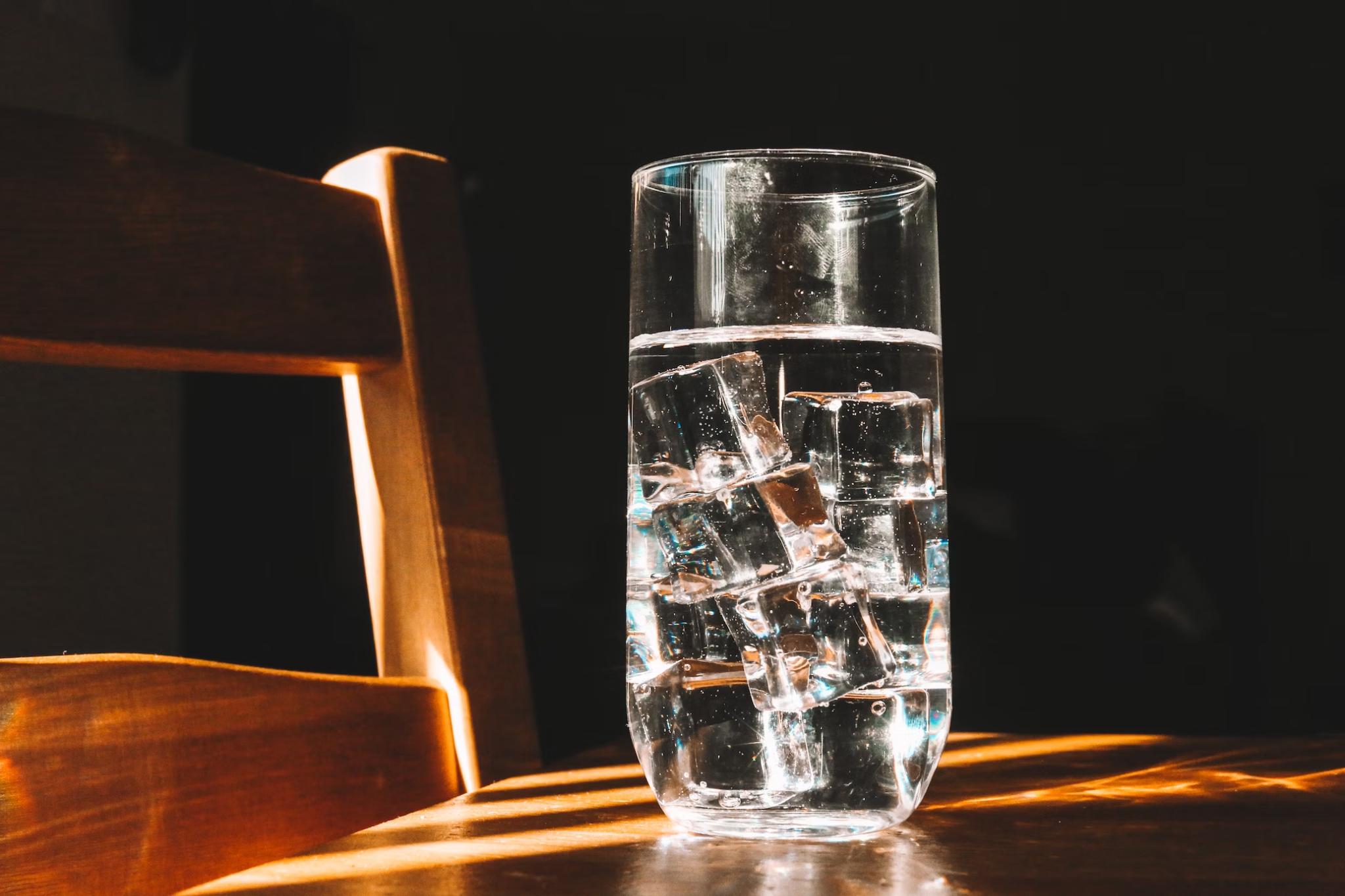

Here’s one example: some purifiers offer users the choice between producing alkaline or non-alkaline water, with purported health advantages associated with alkaline water.
For the uninitiated, alkaline water is water with a pH level higher than 7.
The pH scale ranges from 0 to 14, with values below 7 being acidic, 7 neutral, and above 7 alkaline or basic. Alkaline water typically has a pH level between 8 and 9.
Proponents of alkaline water claim various health benefits, including neutralizing acidity in the body, slowing down the aging process, and providing antioxidant properties that may help combat free radicals.
Some also suggest that alkaline water can enhance hydration and contribute to better overall health.
However, the scientific consensus on the health benefits of consuming alkaline water is not unequivocal, and claims in this regard may lack robust scientific backing.
In fact, according to Dr Liu Mei Hui, a senior lecturer at the National University of Singapore’s (NUS) department of food science and technology, alkaline water does not do anything for our bodies.
Dr Liu says: “Our stomach is acidic in nature and any pH of the liquids consumed will be altered in the process. Hence, the alkalinity of water will be changed immediately upon consumption as it reaches the stomach.”*
Professor William Chen, director of the Food Science and Technology Programme at Nanyang Technological University (NTU), also mentioned that drinking large amounts of alkaline water could also disturb the body’s internal balance – or what is known as homeostasis.*
*As quoted from this CNA news story.
Moral of the story? When making your decision on whether to get a water purifier, it’s crucial to take any marketing or health claims with a pinch of salt.
Consider the core purpose of a water purifier – to ensure the removal of contaminants and improve taste.
While these are tangible and scientifically validated aspects, the additional bells and whistles may not always live up to the hype.
Claims of revolutionary health benefits or groundbreaking technologies should be met with a healthy dose of skepticism, prompting consumers to delve deeper into the actual efficacy and necessity of these features.
Types Of Water Purifiers
There are various types of water purifiers available in the market, each employing different technologies to remove impurities and provide clean drinking water.
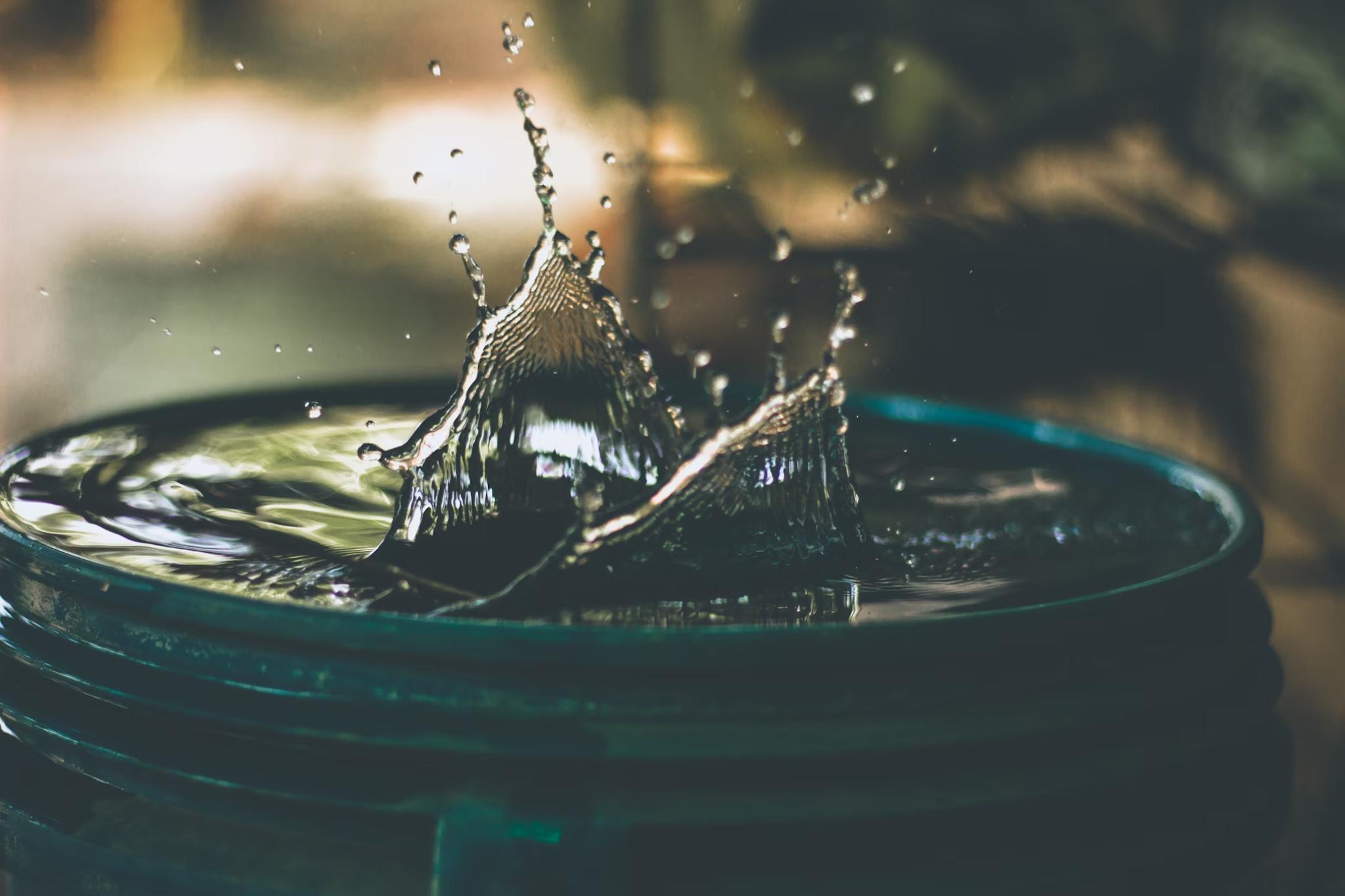

These include activated carbon filters, reverse osmosis systems, ultraviolet purifiers, water distillers, ion exchange filters, ceramic filters, and even gravity-based water purifiers.
Firstly, activated carbon filters use activated carbon to absorb and remove contaminants such as chlorine, sediments, and volatile organic compounds (VOCs). They are effective in improving the taste and odor of water.
Then we have reverse osmosis systems, which use a semipermeable membrane to remove a wide range of contaminants, including heavy metals, salts, minerals, and microorganisms. They are highly effective but may also remove essential minerals from water.
Next, ultraviolet purifiers use ultraviolet light to disinfect water by killing bacteria, viruses, and other microorganisms. While effective against biological contaminants, they do not remove physical impurities or chemicals.
Next, water distillers heat water to create steam, which is then condensed back into liquid form, leaving impurities behind. This process effectively removes minerals, heavy metals, and most contaminants.
There’s also ion exchange filters, which work by replacing ions of certain contaminants with ions of a less harmful substance. Ion exchange is often used to soften water by removing calcium and magnesium ions.
Next, ceramic filters have small pores that can physically block contaminants, including bacteria and sediment. Some may also have additional elements like activated carbon for enhanced filtration.
Finally, gravity-based water purifiers use the force of gravity to move water through a filtration system. They often include multiple stages of filtration, including activated carbon and ceramic filters.
Water purifiers in Singapore commonly feature multistage filtration systems, where different types of filters work in tandem to address a broad spectrum of contaminants.
Apart from activated carbon filters, these systems may incorporate sediment filters to trap larger particles, ensuring that the water is free from visible impurities.
Additionally, some models may include specialized filters designed to target specific contaminants like heavy metals, bacteria, or other harmful substances.
Do You Have Space For A Water Purifier?
When considering a water purifier for your home in Singapore, it’s essential to factor in available space and installation requirements.
There are two main types of water purifiers: countertop water purifiers and undersink purifiers.
Countertop water purifiers offer a versatile solution for those with limited space, and they come in various sizes to accommodate different needs.
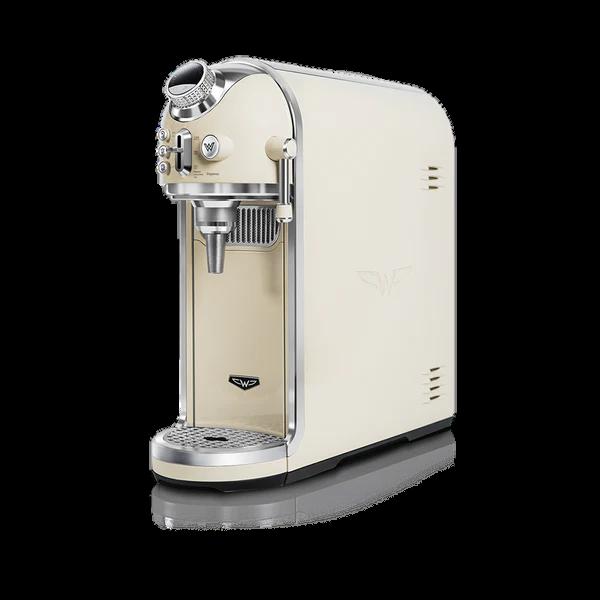

Some are more compact, suitable for smaller kitchens or tight spaces, while others boast larger designs, often equipped with additional features and enhanced filtration capabilities.
The size variation among countertop purifiers is often linked to the number and types of filters they house.
Larger countertop models may incorporate multiple filtration stages, including advanced technologies like reverse osmosis or UV disinfection. These extra features contribute to more comprehensive purification, ensuring the removal of a broader range of contaminants.
Moreover, some larger countertop purifiers come with additional functionalities, such as the ability to produce ice cubes or dispense hot and cold water.
On the flip side, smaller models offer a more space-efficient solution without compromising the essential benefits of water purification.
How about undersink water purifiers?
Compared to countertop water purifiers, these are much smaller.
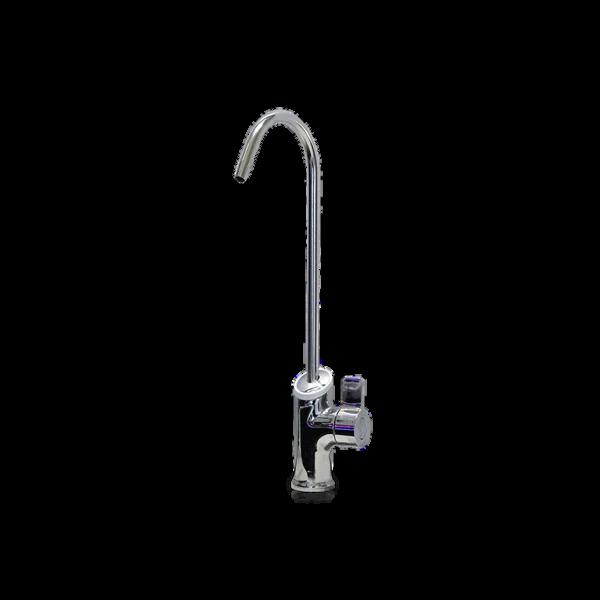

These systems are installed beneath the kitchen sink, utilizing the existing water supply.
They come with a separate faucet installed on the sink, providing purified water for cooking and drinking without cluttering the countertop.
So, rather than adding an extra appliance that occupies valuable countertop space, you’ll have the convenience of a sleek, dedicated faucet (slimmer than a standard kitchen tap) integrated into your sink area.
Connecting Your Water Supply
The majority of purifiers, including both countertop and under-sink models, typically require a direct connection to the water supply for continuous operation.
Installation involves linking the purifier to the existing tap or water line, with professional assistance recommended, especially for under-sink models, to ensure seamless integration with the plumbing system.
For those who prefer to avoid the complexity of connecting their purifier to a water supply, standalone water purifiers are available.
These models feature built-in water reservoirs that can be manually filled, offering simplicity in setup and flexibility in placement.
This design is particularly convenient for individuals or households seeking the benefits of a water purifier without the need for a continuous water supply connection.
Keeping Your Water Purifier Clean
Maintaining the cleanliness of your water purifier is crucial for ensuring its optimal performance and the delivery of safe, purified water. Here are some tips on how to keep your water purifier in top condition.
Regular filter maintenance
One of the primary components to keep an eye on is the filter.
Filters, depending on the type and usage, need periodic replacement.
Check the manufacturer’s recommendations for the specific model you own. Typically, activated carbon filters, sediment filters, and other filtration elements may need replacement every six months to a year.
Regularly changing the filters ensures that they effectively capture and remove contaminants, maintaining the purifier’s efficiency.
Cleaning the water tank
For purifiers equipped with a water tank, it’s essential to clean the tank periodically.
Stagnant water can become a breeding ground for bacteria and mold.
Follow the manufacturer’s guidelines on how to clean the tank, which may involve using a mild detergent and thoroughly rinsing it.
Regular cleaning prevents the accumulation of impurities and helps maintain water freshness.
Tankless designs
If it’s too much of a chore to clean the water tank regularly, opt for tankless water purifiers, which eliminate the need for a storage tank.
Tankless water purifiers provide a seamless and uninterrupted flow of purified water. Unlike traditional purifiers with storage tanks, tankless models do not store water, reducing the risk of bacterial growth.
The absence of a storage tank significantly minimizes the potential for stagnant water, creating an environment conducive to bacterial proliferation.
Tankless purifiers overcome this challenge by purifying water on demand, ensuring a hygienic solution that is not only purified but also free from the risks associated with water storage.
In essence, tankless water purifiers not only simplify maintenance but also deliver purified water without the concerns linked to water storage.
Self-sterilization features
Some advanced water purifiers come with self-sterilization features. These purifiers use ultraviolet light, heat or other disinfection methods to sterilize internal components, including the water pathway and filters.
This self-sterilization process helps eliminate bacteria and microorganisms, ensuring that the purifier remains sanitary and the purified water meets high-quality standards.
Alternatives To Water Purifiers
While water purifiers offer a dedicated solution to ensure clean and safe drinking water, there are alternative methods to consider.
One alternative method is to simply boil your water before drinking it.
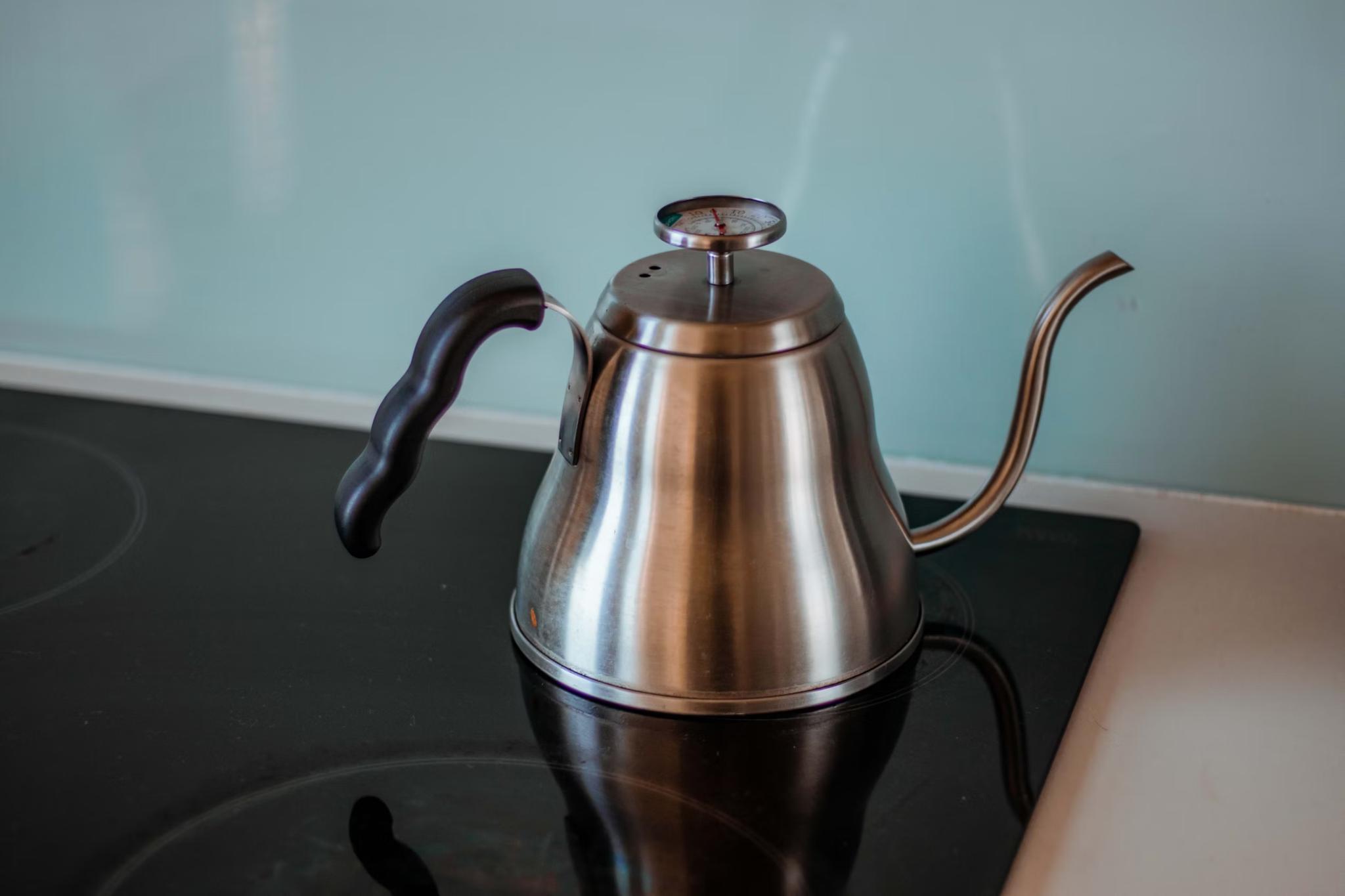

Boiling water is a time-tested method to eliminate harmful microorganisms and bacteria.
Bringing water to a rolling boil for at least one minute can effectively kill most pathogens.
This method is simple, cost-effective, and requires minimal equipment.
Boiling water aside, you may also use water filtration pitchers instead of a water purifier.
Water filtration pitchers equipped with activated carbon filters are a popular and budget-friendly alternative.
These pitchers can reduce impurities and improve taste by filtering water as it’s poured.
While they may not provide the same level of purification as dedicated water purifiers, they offer a convenient and affordable option for households with moderate water quality concerns.
A Final Word On Water Purifiers
Deciding whether to invest in a water purifier for your home involves careful consideration of individual needs and preferences.
Singapore boasts a robust system that ensures tap water meets high safety standards.
The Public Utilities Board (PUB) employs stringent water treatment processes, positioning Singapore’s tap water as one of the safest globally.
However, the decision to explore water purifiers often extends beyond safety concerns.
For example: for some, the motivation may be rooted in taste preferences.
Before making a decision, evaluate the available space in your home, as some purifiers, especially those with advanced features, may require additional room.
Maintenance requirements also vary among different models, and budget considerations should be factored in, accounting for both initial costs and potential long-term benefits.
Ultimately, you must navigate the decision to invest in a water purifier with a nuanced approach, balancing safety, taste preferences, and practical aspects to make a choice that aligns with your unique needs.
Want to check out home renovation projects for more inspiration? Browse home renovation projects on Hometrust, or click the button below to get connected with expert designers!
Renovating soon? Let Hometrust recommend the best interior designers.
If you are reading this, you are probably wondering how you can create your dream home.
Here’s the thing, everyone’s needs and requirements for their home renovation is different. A designer that may work for someone else, may not quite work for you.
At Hometrust, we’re here to help match top rated designers, recommended by past homeowners to you through our data-driven and matching algorithm.
Whether you are looking for partial renovation or a full fledge overhaul, we’ll be able to recommend you top designers to match your renovation requirements and lifestyle.
Recommendations and free and you can simply start by helping us understand your needs below!
Get RecommendationsRenovate safe!
The Hometrust Team

